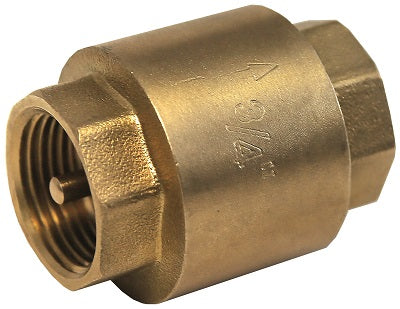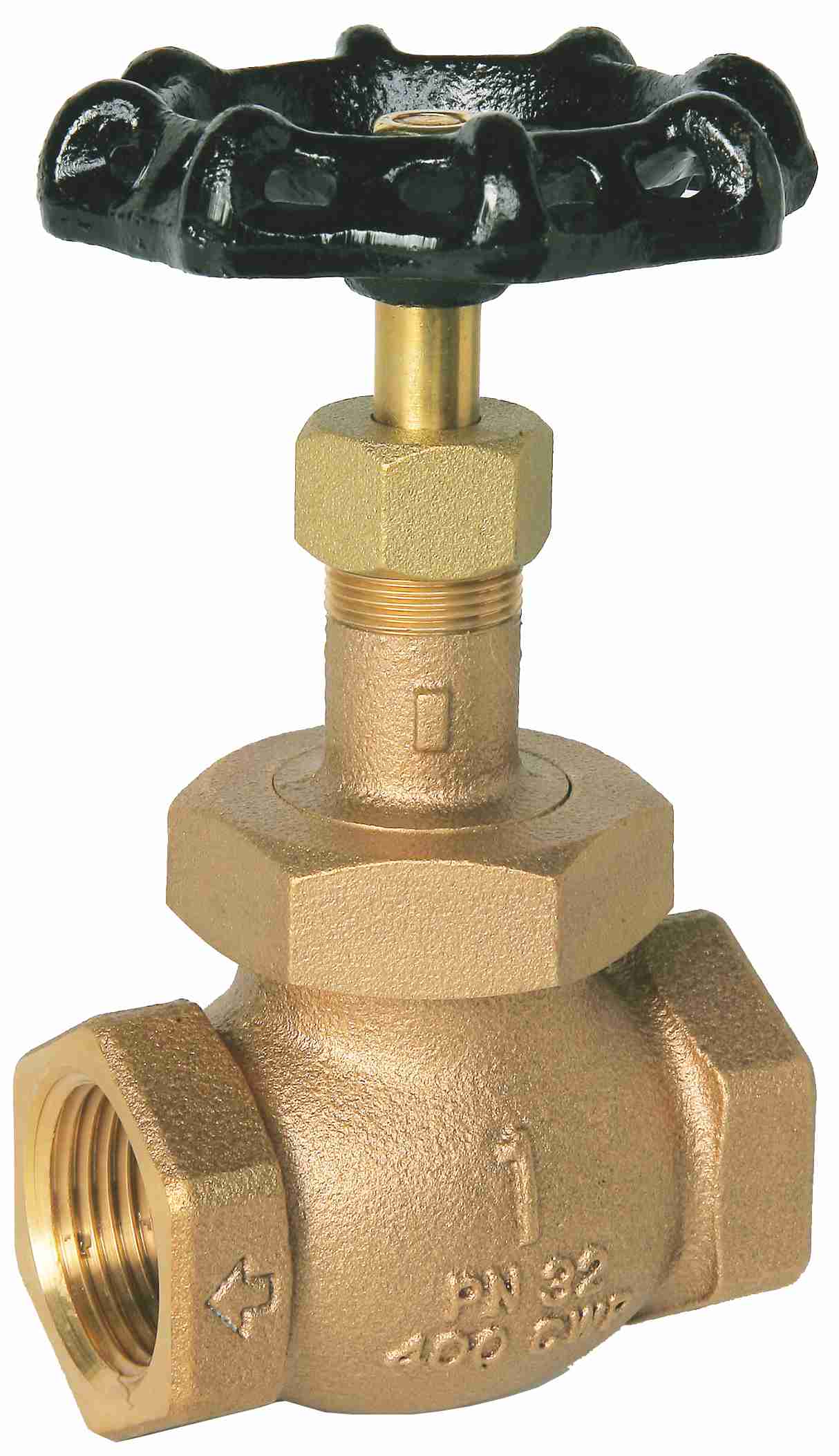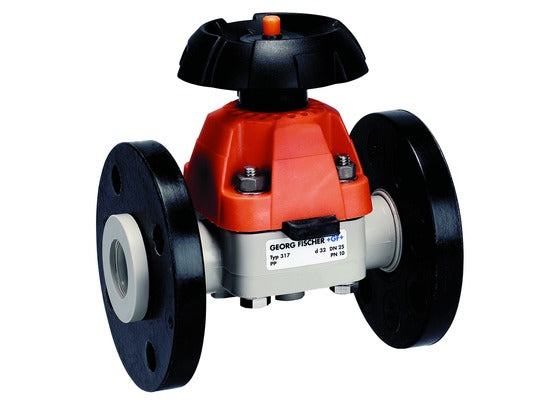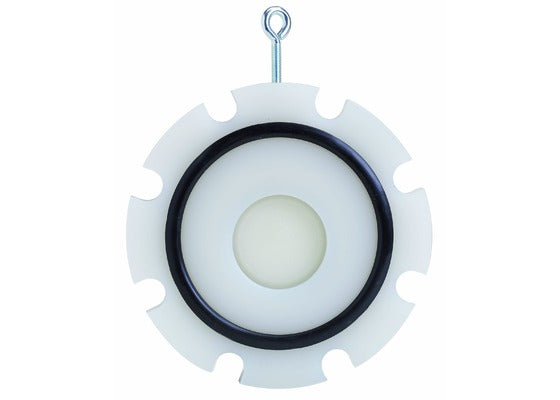⛄🎄Merry Christmas 🎄⛄
from everyone at PIPEKIT!
A reminder that our offices close for Christmas on 23rd December at midday. We reopen 8.00 AM on 5th January 2026. Orders placed over the Christmas break will be processed on 5th January 2026.
⛄🎄Merry Christmas from everyone at PIPEKIT!🎄⛄
A reminder that our offices close for Christmas on 23rd December at midday. We reopen 8.00 AM on 5th January 2026. Orders placed over the Christmas break will be processed on 5th January 2026.
A Guide to Choosing the Right Valve

Selecting the right valve is a critical decision if you're working in industrial or building services applications, amongst others. Whether it's ensuring optimal flow control or managing corrosive waste in a chemical processing plant, the correct valve choice directly affects system performance, safety, and reliability. This guide is designed to help you navigate the key valve types, materials, and considerations when specifying valves for your next project.
As a trusted supplier to the trade, Pipekit is proud to work with leading brands such as Georg Fischer, Albion Valves, Durapipe, and Astore. Our commitment to customer service includes offering expert technical advice through a dedicated sales team trained on the latest product innovations.
What Should I Consider When Choosing the Correct Valve?
Choosing the right valve requires consideration of various technical and application-specific factors. Here are five key points to help guide your decision:
- Material Compatibility: The valve material must be compatible with the media it handles and the surrounding environment. For example, Georg Fischer's ABS valves perform well in chilled water systems, while Albion’s brass valves are WRAS-approved for potable water. For corrosive environments, PVC-C or stainless steel may be preferred.
- Connection Type: Valves are available with various connections, including flanged, threaded, compression, solvent weld, and push-fit. A popular option is flanged valves which are typically used in high-pressure industrial systems, while compression fittings are popular in domestic plumbing. Astore offer solvent weld valves ideal for water distribution.
- Pressure Rating: Understanding system pressure is essential. Valve pressure classes vary widely—for instance, Albion Valves provides valves up to PN25 for commercial heating, while Durapipe’s valves in plastic may be rated lower but are suitable for chemical processes and waste handling.
- Operation Type: Valves can be manually operated (lever or handwheel) or actuated (pneumatic or electric).
- Standards and Certifications: Valves often need to comply with regulations such as WRAS and BS EN 558. For example Albion Valves supplies brass ball valves that are both WRAS-approved and certified to EN 331, making them ideal for both water and gas applications. They also hold certifications for BSRIA, BESA, CIBSE and CSA across their ranges demonstrating their commitment to quality and industry best practices. Many of Georg Fischer's valves comply with ISO 5211 for actuator mounting interfaces and EN ISO 16135 for thermoplastics in industrial piping systems.
What Valve Types Are Available?
Several types of valves are commonly used by our customers across a variety of sectors including industrial, building services and water treatment. Here are some of the most popular valve types from the leading brands Pipekit stock:
- Ball Valves: Ball valves can provide tight shut-off and are ideal for potable water systems, gas lines, and chemical applications. Brands such as Georg Fischer and Albion Valves offer ball valves in PVC-U, ABS, brass, and stainless steel, with both manual and actuated options. These can be 2-way which is most common providing a straight flow path from input to output or 3-way with L or T bore determining the direction of the flow. This allows mixing and redirection making them suitable for heating, cooling, chemical and oil applications.
- Check Valves: Designed to allow flow in one direction and prevent backflow, check valves are crucial for system protection. Check valves are available in plastic and metal materials, with ranges suited to drainage, pump, and chemical applications.
- Butterfly Valves: These compact valves regulate flow using a rotating disc and are ideal for larger pipe sizes. We supply an extensive range of Georg Fischer butterfly valves typically used in water treatment, ventilation, and chemical distribution systems.
- Gate Valves: Used for isolation rather than regulation, gate valves fully open or close the flow. Pipekit offers Albion and Durapipe gate valves in ductile iron and PVC-U, often used in civil engineering and infrastructure projects.
- Air Admittance Valves: These valves allow air into plumbing systems without letting gas escape, maintaining pressure balance. Ideal for venting applications in buildings.
How to Choose the Correct Valve Material?
Choosing the right valve material ensures long-term performance, safety, and compatibility. Below is a breakdown of common plastic and metal valve materials used along with their typical applications.
PVC
- Lightweight and cost-effective
- Excellent chemical resistance—ideal for water treatment, pool systems, and chemical dosing
- Not suitable for high-pressure or high-temperature applications
- Common in irrigation, low-pressure water lines, and chemical drainage
PP
- High chemical resistance and suitable for aggressive media
- Performs well in slightly higher temperatures than PVC
- Frequently used in laboratory and industrial chemical applications
- Often found in food-safe systems and agricultural dosing lines
PVDF
- Excellent for highly corrosive media and UV resistance
- Higher temperature tolerance than other plastics
- Common in pharmaceutical and chemical processing industries
- Suitable where both chemical purity and strength are essential
Brass
- Durable and corrosion-resistant in non-aggressive media
- Ideal for domestic plumbing, HVAC systems, and compressed air
- Typically used in potable water systems when WRAS-approved
Stainless Steel
- Excellent corrosion resistance, even in aggressive or marine environments
- Used in food processing, marine applications, high-pressure steam, and chemicals
- Suitable for both sanitary and industrial applications
Carbon Steel
- Strong and affordable, suitable for high-pressure systems
- Not as corrosion-resistant as stainless—better suited for oil, gas, and heating
- Common in industrial and mechanical applications where corrosion is controlled
Bronze
- More corrosion-resistant than brass, particularly in saltwater applications
- Often used in marine systems and fire protection systems
- Suitable for use in pumping systems and high-flow water lines
Typical Valve Applications and Brands we Recommend
For potable water systems, WRAS-approved valves are a legal requirement in the UK. Pipekit supplies WRAS-certified ball, gate, and check valves from trusted brands like Albion Valves, Durapipe, and Georg Fischer. These valves are tested for material safety and performance, ensuring water quality is maintained. Ball valves in brass or stainless steel are often preferred for durability and minimal maintenance, while ABS and PVC-U valves are lightweight and easy to install in non-metallic systems.
For chemical applications, resistance to aggressive media is crucial. Astore and Durapipe collectively manufacture valves from PVC-C, PVDF, and polypropylene, specifically designed for corrosive waste and acidic liquids. Astore’s chemical-grade valves offer precision in flow control for dosing and industrial chemical applications.
Other applications include water heaters, gas lines, irrigation systems and fire protection systems.
Why Choose Pipekit as Your Valve Supplier?
At Pipekit, we bring more than just supply—we bring solutions. Our team of technical sales experts helps you:
- Identify the correct valve based on pressure, temperature, and medium
- Match material specs with industry certifications
- Compare top-tier brands to suit both performance and budget
- Source specialist or hard-to-find valves quickly and reliably
Our sales team are available to ensure you get the right valve to suit your application and organise quick and professional delivery to meet your schedule. Contact us on 01743 860088 or email enquiries@pipekit.co.uk for expert advice.
- Choosing a selection results in a full page refresh.
Happy to help
Useful Links
Secure Shopping
Privacy Settings
Email: enquiries@pipekit.co.uk
WhatsApp: Message our team here
Head Office: Pipekit Ltd, Abella House, Longden Road, Shrewsbury, Shropshire, SY3 9PS United Kingdom
Outside the UK? Use our contact page to get in touch
© 2025, Pipekit Powered by Shopify
!


















